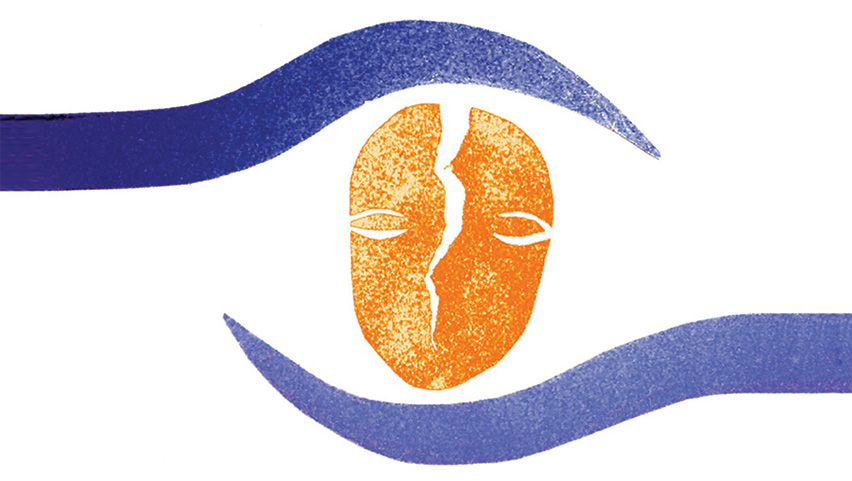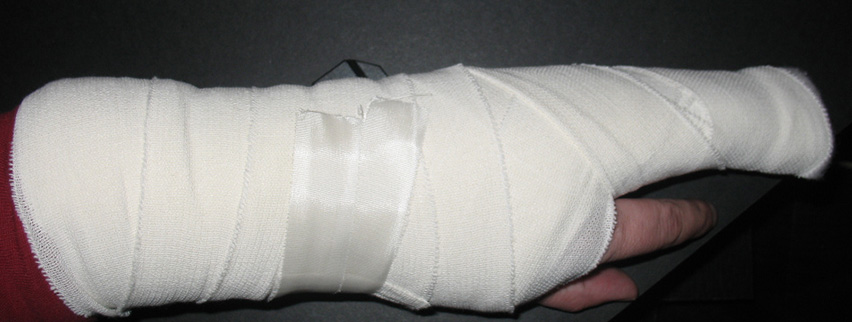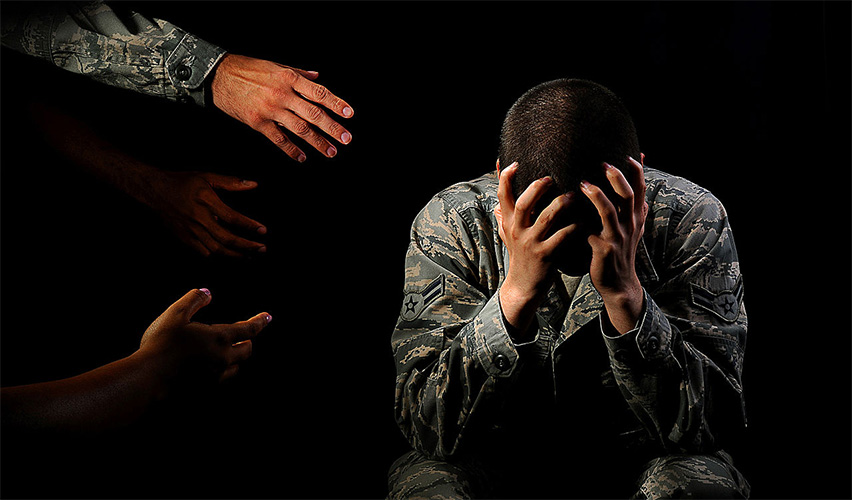Just Accepted: The GRoLTS-checklist; Guidelines for Reporting on Latent Trajectory Studies
Call for papers special issue “Bayesian statistics in the field of psychotraumatology”
Call for Papers Theme: Bayesian statistics in the field of psychotraumatology Already over 250 years ago, Thomas Bayes published on inverse probability. The ideas of inverse probability and Bayes’ theorem have been longstanding and become more popular in fields like epidemiology, spatial modeling, clinical trials,…
Analyzing small data sets using Bayesian estimation: the case of posttraumatic stress symptoms following mechanical ventilation in burn survivors
The analysis of small data sets in longitudinal studies can lead to power issues and often suffers from biased parameter values. These issues can be solved by using Bayesian estimation in conjunction with informative prior distributions.
Latent Growth Mixture Models to estimate PTSD trajectories
Statistical models to estimate individual change over time and to investigate the existence of latent trajectories, where individuals belong to trajectories that are unobserved (latent), are becoming ever more popular.
Experience of traumatic events disrupts measurement invariance of a posttraumatic stress scale
Studies that include multiple assessments of a particular instrument within the same population are based on the presumption that this instrument measures the same construct over time. But what if the meaning of the construct changes over time due to one’s experiences?
Internet-Based Early Intervention to Prevent Posttraumatic Stress Disorder in Injury Patients: Randomized Controlled Trial
Posttraumatic stress disorder (PTSD) develops in 10-20% of injury patients. We developed a novel, self-guided Internet-based intervention (called Trauma TIPS) based on techniques from cognitive behavioral therapy (CBT) to prevent the onset of PTSD symptoms.
Health-related quality of life after burns: A prospective multicenter cohort study with 18 months follow-up
Health-related quality of life (HRQOL) is an important parameter after medical treatments. Knowledge of (predictors of) diminished quality of life can help improve medical outcome.
Cytokine Production by Leukocytes of Military Personnel with Depressive Symptoms after Deployment to a Combat-Zone: A Prospective, Longitudinal Study
Major depressive disorder (MDD) is frequently diagnosed in military personnel returning from deployment. Literature suggests that MDD is associated with a pro-inflammatory state. To the best of our knowledge, no prospective, longitudinal studies on the association between development of depressive symptomatology and cytokine production by peripheral blood leukocytes have been published.
Prolonged Grief Disorder, depression, and posttraumatic stress-disorder are distinguishable syndromes
This study examined the distinctiveness of symptoms of Prolonged Grief Disorder (PGD), depression, and posttraumatic stress disorder (PTSD). We compared the fit of a one-factor model with the fit of four hierarchical models in which symptoms formed three distinct correlated higher-order dimensions, and PTSD-items were modeled in different ways.










